
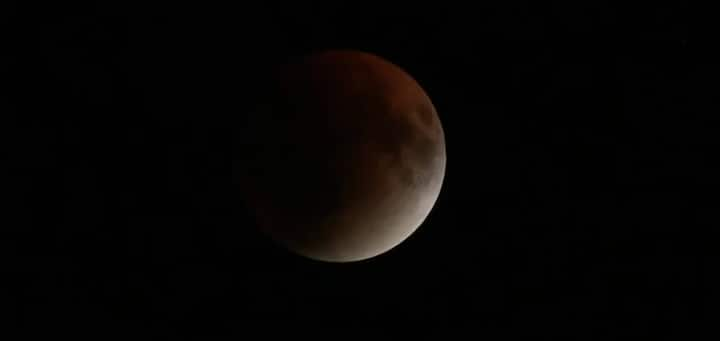
The Lunar Eclipse entered the Total Phase or the ‘Blood Moon’ phase, at 11:00 PM IST. (ANI Photo)
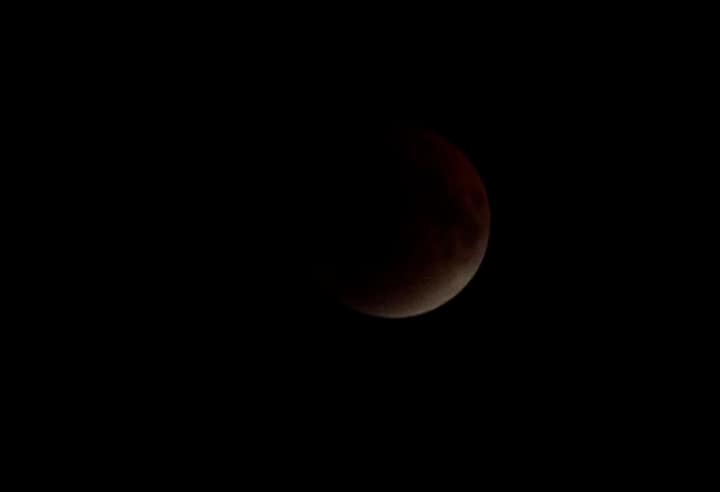
A blood moon was seen in Ranchi, Jharkhand. The shade of red during an eclipse depends on the level of dust, pollutants or volcanic ash present in the atmosphere. (ANI Photo)
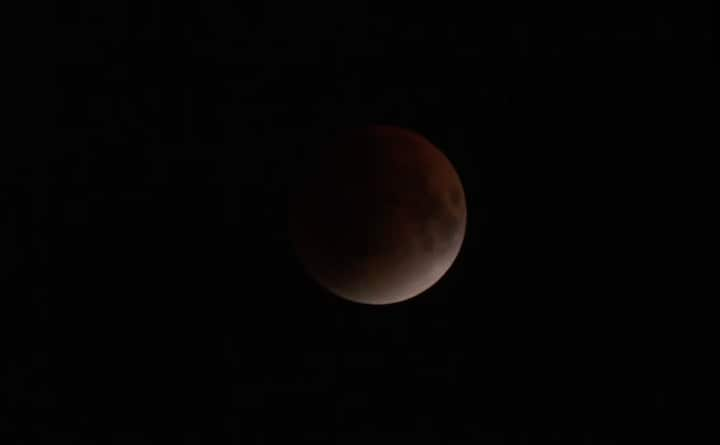
A blood moon was seen in Kolkata, West Bengal. A lunar eclipse occurs when the Earth positions itself directly between the sun and the moon, blocking sunlight from hitting the lunar surface. Unlike a solar eclipse, experts note it is entirely safe to observe with the naked eye. (ANI Photo)
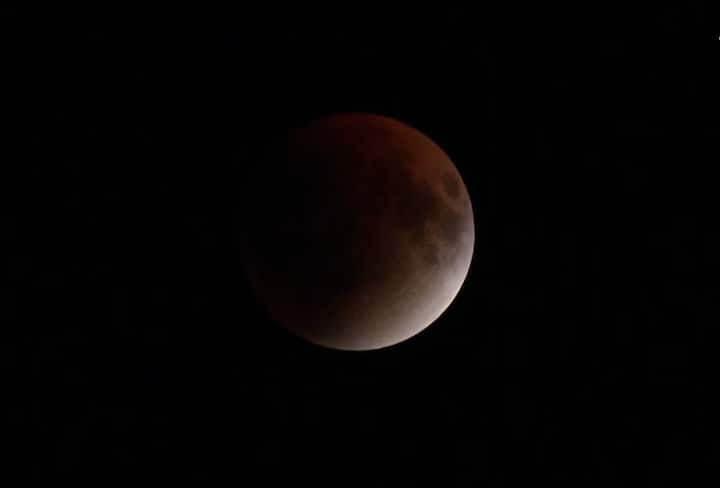
During totality, the moon moves into the Earth’s darkest shadow, the umbra. As sunlight passes through the atmosphere, blue wavelengths scatter while red light continues, casting a crimson hue on the lunar disc. This effect, known as Rayleigh scattering, is also responsible for the orange glow of sunsets and the blue of daytime skies. In this image is a red moon in New Delhi. (ANI Photo)
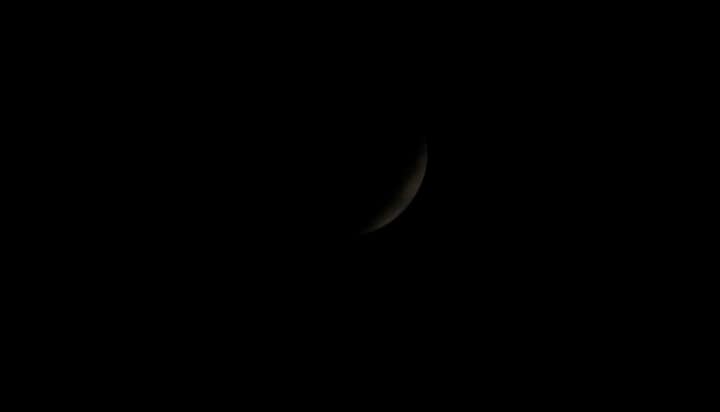
The Total Phase of the lunar eclipse or the ‘Blood Moon’ captured in Delhi. (ANI Photo)
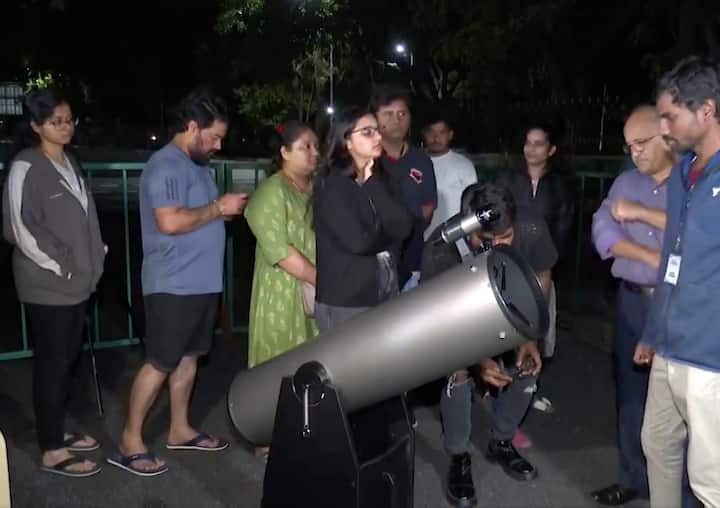
In Bengaluru, crowds assembled at the Jawaharlal Nehru Planetarium to watch the eclipse unfold. (PTI Photo)
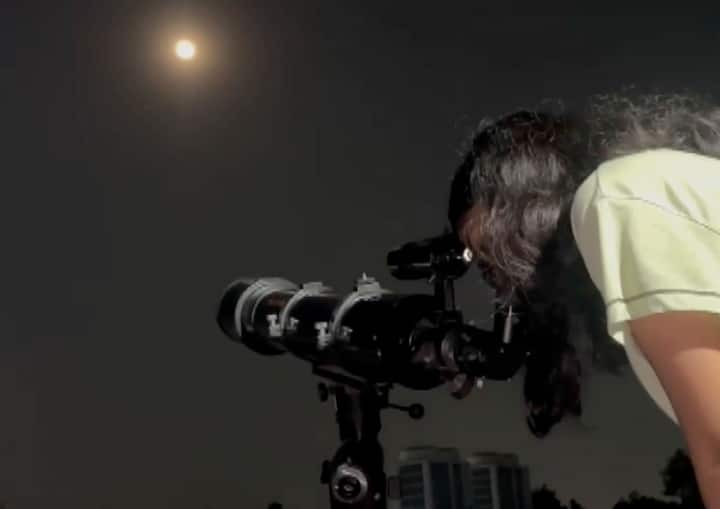
People gathered to witness the Total Lunar Eclipse in Lucknow, UP, as the partial phase began. (ANI Photo)
Published at : 07 Sep 2025 11:17 PM (IST)
Doonited Affiliated: Syndicate News Hunt
This report has been published as part of an auto-generated syndicated wire feed. Except for the headline, the content has not been modified or edited by Doonited




















































